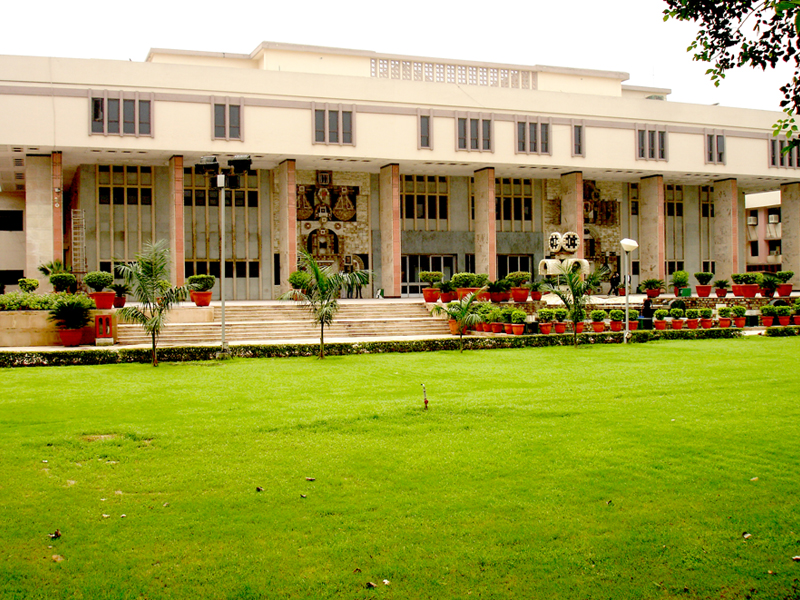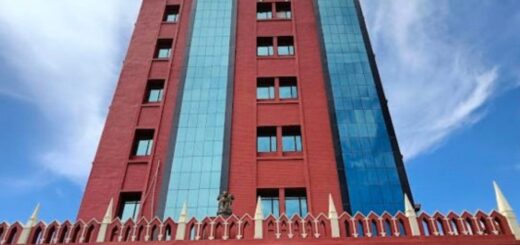The Delhi High Court stated that starting a prosecution does not rely on finishing the assessment if the conditions under Section 51 of the Black Money Act are met.

The Delhi High Court stated that starting a prosecution does not rely on finishing an assessment, as long as the conditions in Section 51 of the Black Money (Undisclosed Foreign Income and Assets and Imposition of Tax) Act, 2015 are met. This was noted in a Petition aimed at dismissing a Criminal Complaint at the Tis Hazari Court and the Summoning Order. Justice Dinesh Kumar Sharma explained, “A simple reading of Section 48 of the Black Money Act shows that the offenses and prosecutions in Chapter V are separate from any orders made under this Act. It is important to mention that the assessment under the Black Money Act is done under Section 10, which is in Chapter III of the Act. Thus, the petitioner’s argument does not hold legal weight. The start of prosecution is not tied to the completion of assessment if the conditions in Section 51 of the Black Money Act are satisfied.”
It was claimed that a search and seizure operation took place at the assessee’s location in 2016, where incriminating documents and information were found, proving that the Appellant/accused had undisclosed bank accounts and properties. It was alleged that according to the Income Tax Act, 1961 (ITA), the accused did not disclose these in their income return for the assessment year 2012-13. The complainant stated that information was obtained through Foreign Tax and Tax Research about undisclosed foreign bank accounts and properties.
The statements given under oath showed that the accused was trying to transfer his foreign assets and offshore companies by backdating documents to avoid taxes under the Black Money Act. The investigation found that he owned foreign assets, including bank accounts, properties, and interests in foreign companies. Notices were sent to him, and the Tis Hazari Court called him in. Upset by this Summoning Order, he went to the High Court. After hearing both sides, the High Court stated, “Section 51 of the Black Money Act applies if a person is found to have committed any acts listed in Section 51(3) before filing an income return. The prosecution under this section does not depend on the assessment. The offense is complete as soon as the conditions in Section 51(3) are met, regardless of the income return.”
The Court also mentioned that if there is a suitable alternative remedy available and the High Court is approached without using it, such a Writ Petition should not be considered, except in special cases. It noted that the Petitioner’s affidavit was not properly attested and he did not provide his address in the United Kingdom. The Court remarked that the Petitioner is accused of avoiding legal processes.
“The party that comes to the Court must be honest. The Petitioner has not provided his UK address as required. Therefore, he has not approached the Court honestly. Based on the points discussed, the Court believes that the petition should be dismissed,” it concluded. As a result, the High Court dismissed the Petition.
Cause Title: Sanjay Bhandari v. Income Tax Office (Neutral Citation: 2024:DHC:8713)
Appearance:
Petitioner: Senior Advocate Dayan Krishnan, Advocates Avneesh Arputham, Ankit Sharma, and Abhishek. Respondent: SSC Zoheb Hossain, Jr. SC Sanjeev Menon, Advocates Vivek Gurnani, and Manish Dubey.









